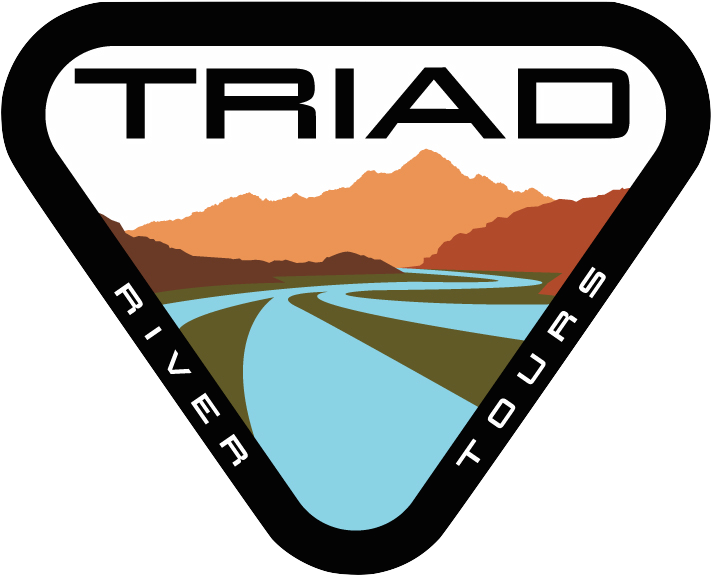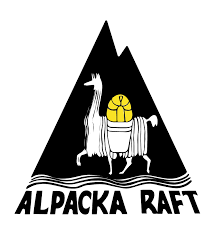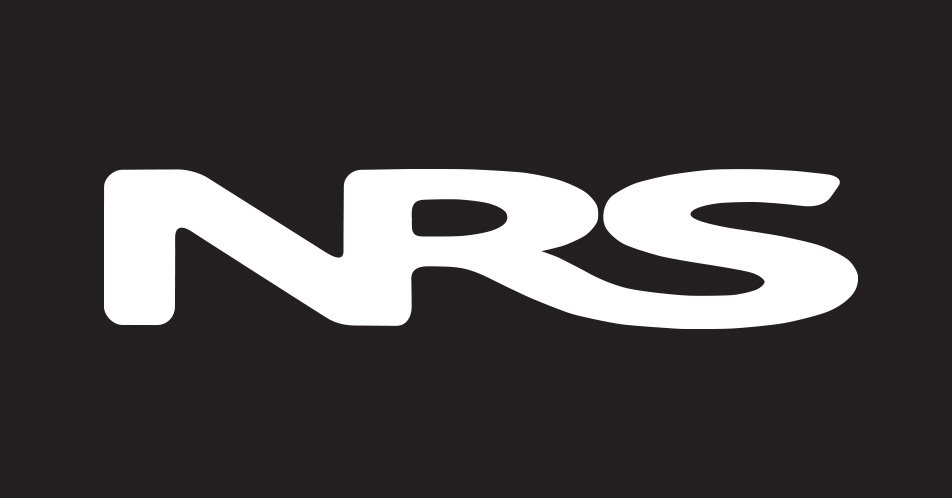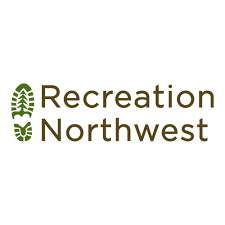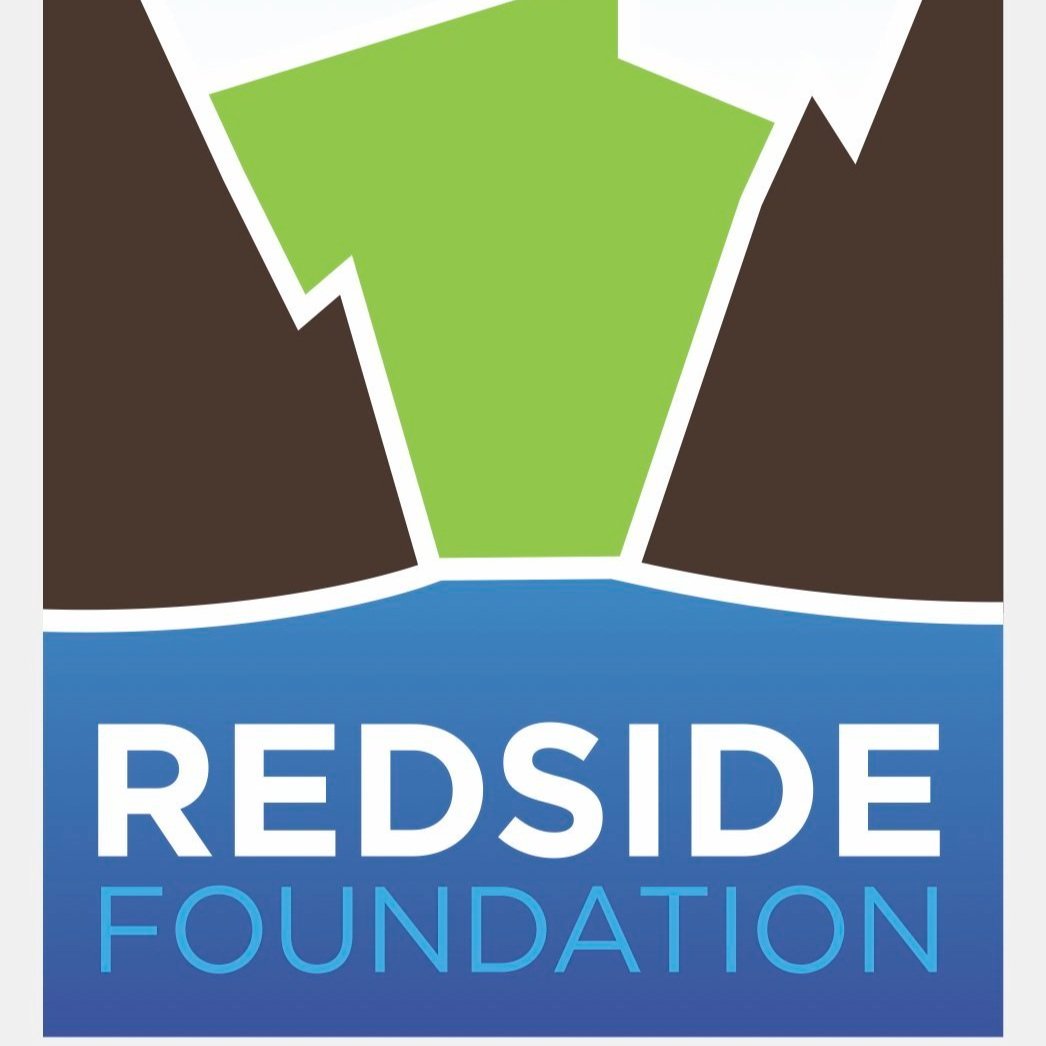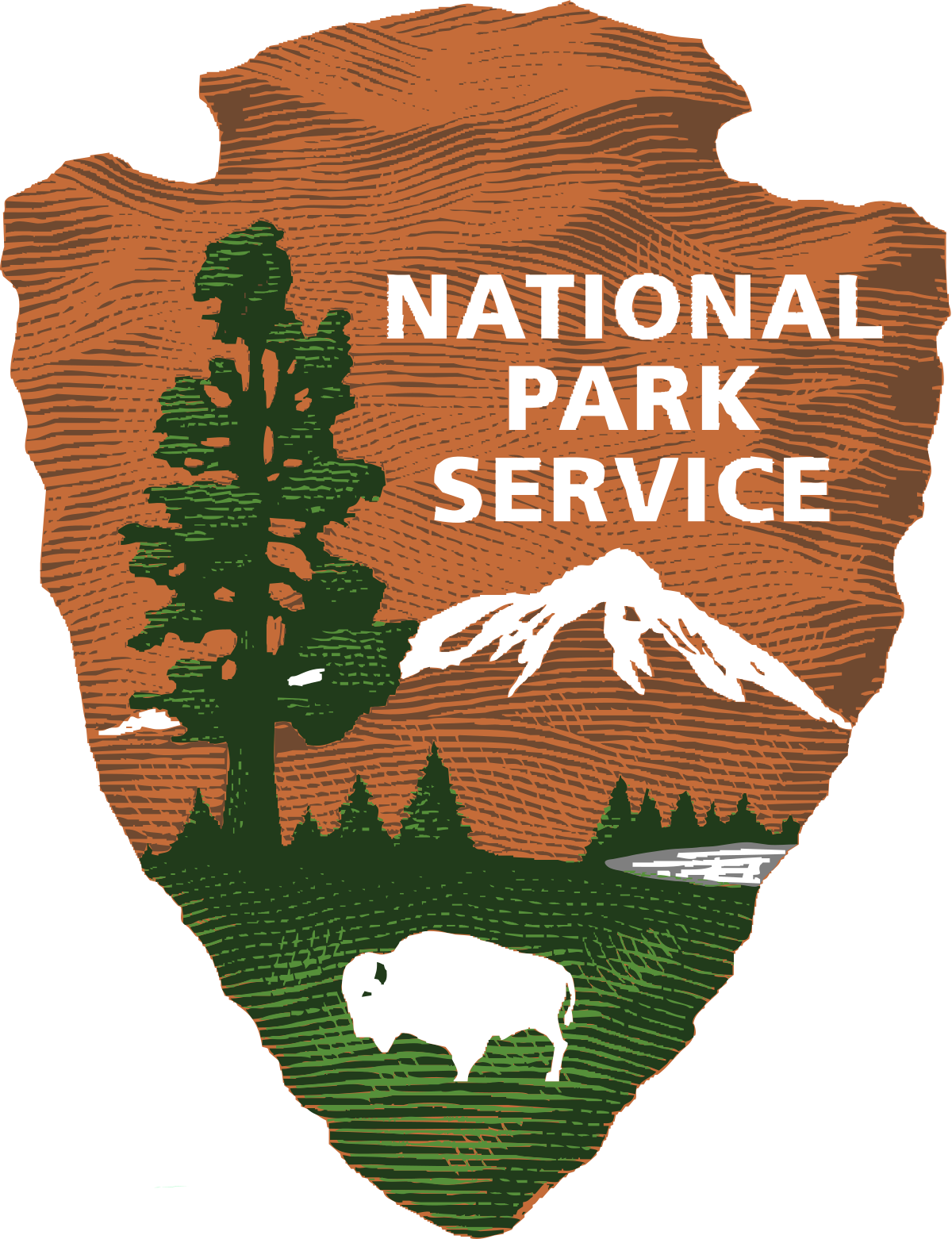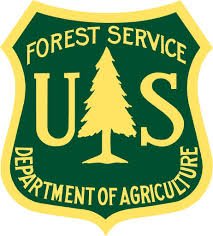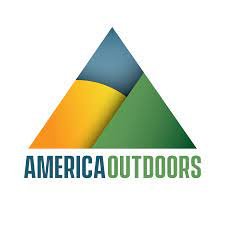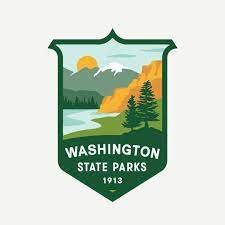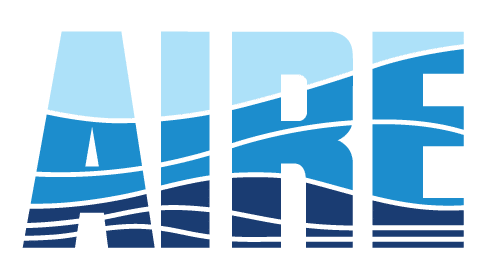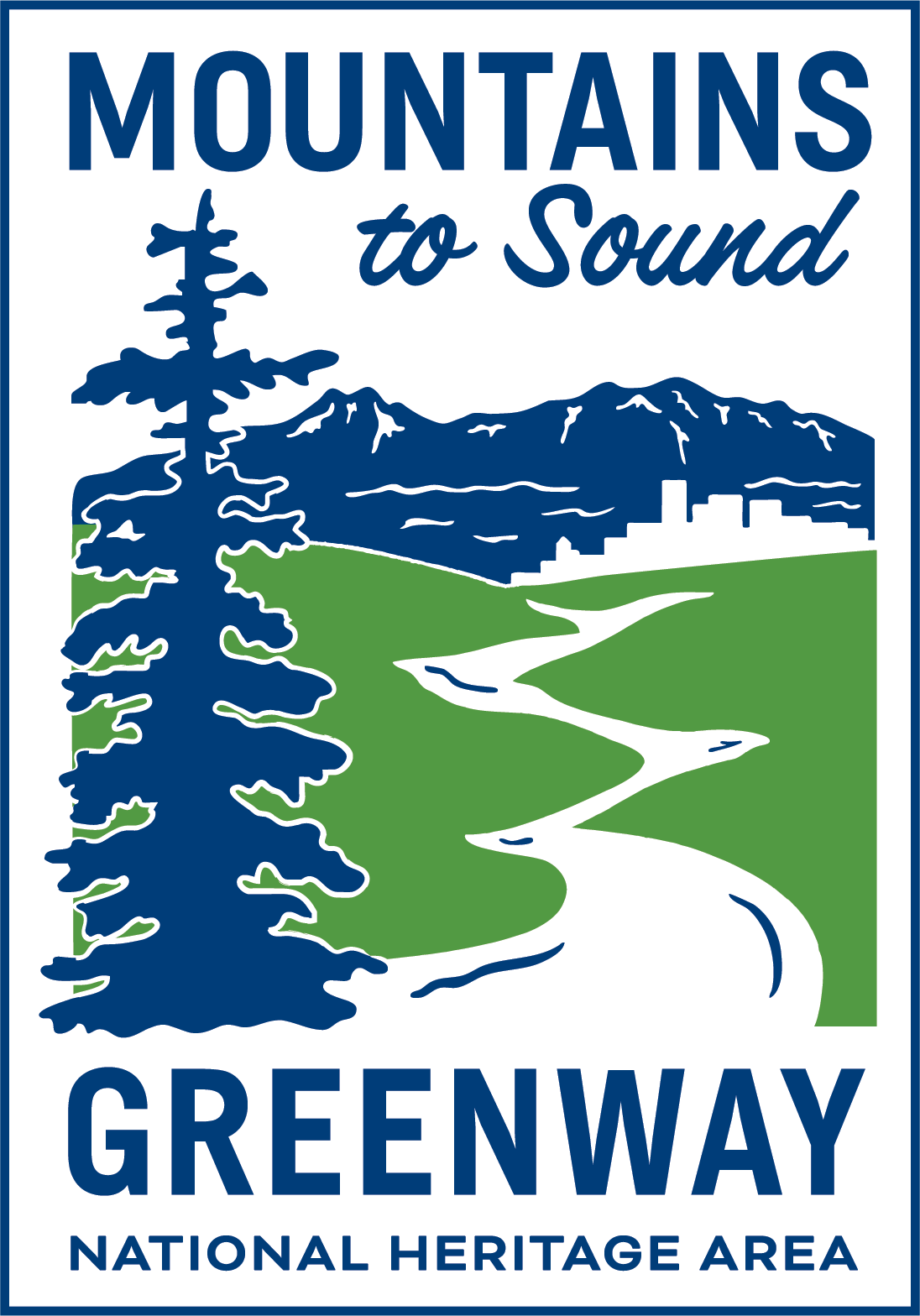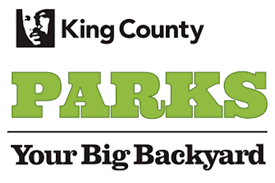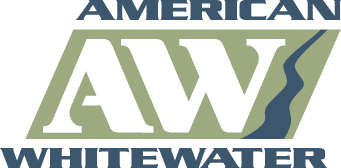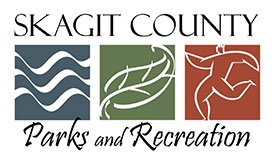Triad River Tours
8. Guide Training Outline
& Study Materials
Notes: This is an older version of our guide training which now has an online training component, but this version has the core curriculum, and is offered to the public as an educational and safety tool.
Instructions:
Review the “Washington State and Federal Guide Training Requirements” video below (all guides).
To pass 50 hour guide training program if you are a rookie
Study all materials in each module (listed below as well as on the OPS document).
Request exam at the end of studying each module, and pass that exam with 80% or better.
Note: Exams are multiple choice and short answer.
After passing module 4 exam -or- if you have passed guide training elsewhere, you are able to participate in hands on skills training and guide skills checklists in module 5.
After passing module 5 exam:
Rookies: You are now qualified under Washington State Law to guide in Washington.
To pass -or- be exempt from guide training program if you are a veteran with previous guide training certification. Note: While all veteran guides are required to follow all policies and protocols in the company manual, they are not required to follow the structure of guide training.
Send a river log showing 1500 guided river miles -or- a guide training certification from another employer -or-
Follow these steps:
Review the information in the modules, at your leisure. You are not required to take the exams, but you are responsible for knowing all Triad policies.
Pass Evaluations and hands on Skills Tests in Module 5:
Once passed; you are now qualified to guide for Triad and get checked off on any river in accordance with the protocols mentioned in section 6 of the employee manual.
Get checked off on each individual river you wish to guide on.
Module 1
Guest Policies
Employee Manual Section 1
Website: www.triadrivertours.com
Review sites
Safety Talk: https://triadrivertours.com/safetytalk
Cancellation policy: https://triadrivertours.com/cancellationsreschedule
Photography:
Pack List: https://triadrivertours.com/pack-list
Triad Staff (add your photo and bio): https://triadrivertours.com/meet-the-guides
Retail eCommerce Store: https://triadrivertours.com/new-products
Module 2
Guide Policies
Fill out a W-4 form: https://www.irs.gov/pub/irs-pdf/fw4.pdf
Employee Policies: Employee Manual Section 2
Employee Responsibilities: Employee Manual Section 3
Payroll Policies: Employee Manual Section 4
NRS Guide Account: request via email
Sexual Harrassment: Sexual Harrassment Form
Equal Opportunity & Social Justice:
Permits:
USFS Permits and NPS Permits
Environmentalism: https://triadrivertours.com/environmentalism
Overview of Apps: https://www.youtube.com/watch?v=p0vXzVDF59M
Module 3
River Knowledge
Salmon & Steelhead:
Skagit Steelhead: https://vimeo.com/207842170
Billy Frank Jr video: https://www.youtube.com/watch?v=D15itTjuY-g&t=2s
Salmon Life Cycle: https://www.youtube.com/watch?v=gFswGt7o_08
Salmon Life Cycle: https://www.youtube.com/watch?v=PHKsXQrl41c
Glaciers of North Cascades:
North Cascades Geology: https://www.youtube.com/watch?v=-r3mdnW-u5E
Skagit Power vs. Upper Skagit Tribe:
Native American History of Puget Sound: https://content.lib.washington.edu/aipnw/thrush.html
Upper Skagit Tribe:
Sharing the Skagit (great overall reference material): https://classroom.google.com/c/MjQzNzU4MzUzMTcy/m/MjQ0MzcxNjcxMTI5/details
Sauk-Suiattle Tribe:
Module 4
Operational Protocol
CDL Manual: https://driving-tests.org/washington/wa-cdl-handbook/
Standard Operating Procedures:
Employee Manual Section 5
Safety Protocols for River Sections (you only need to know the ones you intend to guide):
Employee Manual Section 6
Industry Standards:
Employee Manual Section 7
First Aid (refer to industry standards as taught by your WFA/WFR/EMT/etc. course) or, if you do not have this, defer to Remote Medical WFA manual.
Swiftwater Rescue Procedures (refer to Swiftwater Safety Institute Manual)
Systems Inventories: https://classroom.google.com/c/MjQzNzU4MzUzMTcy/m/MjQ0MzYwODQ1Mjg5/details
Trailers and Hitches: https://www.youtube.com/watch?v=4tbGrgfwpZY
Triad’s Google Earth Map: https://earth.google.com/web/@48.19671724,-121.31019529,1429.65554103a,280411.93897829d,30y,0h,0t,0r/data=MicKJQojCiExNXNfZjE3cjBCc2lLSk1fZ2k1aThGMmtpU011SzZvYng6AwoBMw?authuser=3
Guides Guide Augmented (optional reading): https://www.amazon.com/Guides-Guide-Augmented-Reflections-Professional/dp/0977277402
Tensile Strengths: https://classroom.google.com/c/MjQzNzU4MzUzMTcy/m/MjQ0MzYwODQ1MTc2/details
Medical Kits: https://classroom.google.com/c/MjQzNzU4MzUzMTcy/m/MjQ0MzYwODQ1MTg2/details
Accident Reports: Employee Manual Section 5
Guide Evaluation Sheet (“Guide Skills Checklist”) located in OPS Document: https://docs.google.com/spreadsheets/d/1ovAQtoeHpgfrvpWrzeWBTIup59RZSqQ2Ojof0Ala4h8/edit?usp=sharing
Communication:
Risk Rating Table:
GAR (Green-Amber-Red) located in SSI manual.
Pre-trip meeting
Module 5
Hard Skills and Qualifying
Module 5.1 - Government Agencies and Industry Standards
WA State Legislature: https://app.leg.wa.gov/rcw/default.aspx?cite=79A.60.430
American Outdoors Association: https://www.americaoutdoors.org/
American Whitewater: https://www.americanwhitewater.org/
Swiftwater Safety Institute: https://swiftwatersafetyinstitute.com/
Wilderness Medical Society: https://wms.org/
Module 5.2- Minimum Skills and Knowledge Requirements
Knots
Prusik (3 wrap)
Water
Double Fishermans
Bowline
Girth Hitch
Figure 8 (on a bite)
Directional Figure 8
Module 5.3- Reading Water
Scouting
Preventative Rescues
Google Maps
USGS Hydrographs
Time vs. Hurrying
Module 5.4- Terminology
Hole
Wave
Eddy
River Right, River Left
Strainer
Sieve
Undercut
PFD
Hydraulic
Laterals and Diagonals
Keeper Holes and Recirculating Holes
Ferry Angles
Module 5.5- Running Rivers
Safety Talk (Styles: NRS, Bearpaw, TRT)
River Study (Maps, flow charts, protocols)
Paddle Guiding
Stern Mount and Paddle Assist
Center Mount
Kayaking
Hand Signals (OK, First Aid, Eddy Out, Whistle Blasts…)
Defensive Swimmer Position
Aggressive swimming in Whitewater and Self Rescue
Chain of command (Guides, Trip Leaders, River Managers)
Communication
Wading (single person, A-frame, “triangle” or “pivot”, wedge)
Drowning and Near Drowning
CPR
Module 5.6- Dangers
Wood
Flips
Pins or “wraps”
Flushing
Head Injuries
Pre-existing Medical Conditions and Cardiac Arrest
Foot Entrapments
Hypothermis
Inexperience
Negligence
Drugs and Alcohol
Improper or Improper Use of Equipment
Hubris and Arrogance: https://en.wikipedia.org/wiki/Tenerife_airport_disaster
Module 5.7- Boat and Victim Recovery
Throw Bag Skills
Strong Swimmer Rescues
3-1 Z drag
Anchor Systems
Vector Pulls
Tension Diagonal
Self Rescue
Belay
CPR
Module 5.8- Personal Equipment
Helmet
PFD
Knife
Whistle
Clothing (wetsuit/drysuit etc.)
Footwear
Throw Bag
Carabiners
First Aid Kit
Cell Phone
Module 5.9- Company Equipment
Rafts:
First Aid Kit
Pumps
Vehicles
Trailers
Ropes
Pin Kits
Evacuation Phones
Modules 5.10- Guest Equipment
PFD: https://www.nrs.com/nrs-big-water-v-pfd/pzye
Wetsuits: https://www.nrs.com/nrs-3mm-farmer-bill-wetsuit/p4z1
Helmets: https://www.nrs.com/nrs-havoc-livery-helmet/p6zd
Booties (if applicable)
Liability Release Forms: https://waiver.smartwaiver.com/w/533b3849af835/web
Modules 5.11- Business and Legal Knowledge
Liability and Insurance
Negligence
Standard of Care
Duty to Report: https://en.wikipedia.org/wiki/Duty_to_rescue
Employee Handbook: https://classroom.google.com/c/MjQzNzU4MzUzMTcy/m/MjQzNzY3OTc4MzA1/details
Permits: https://classroom.google.com/c/MjQzNzU4MzUzMTcy/m/MjY5NTg3Njc5NjQ1/details
Professionalism
